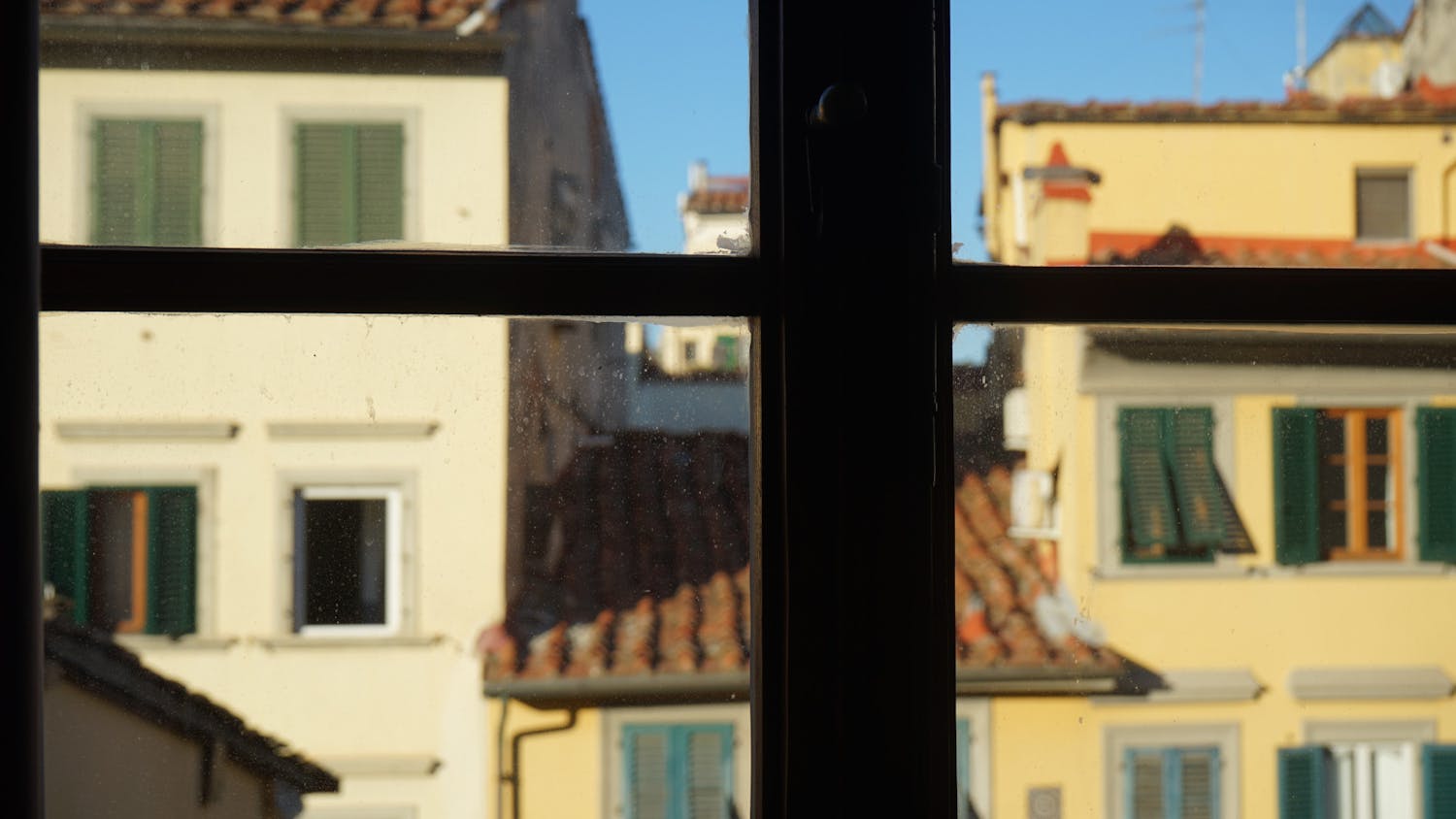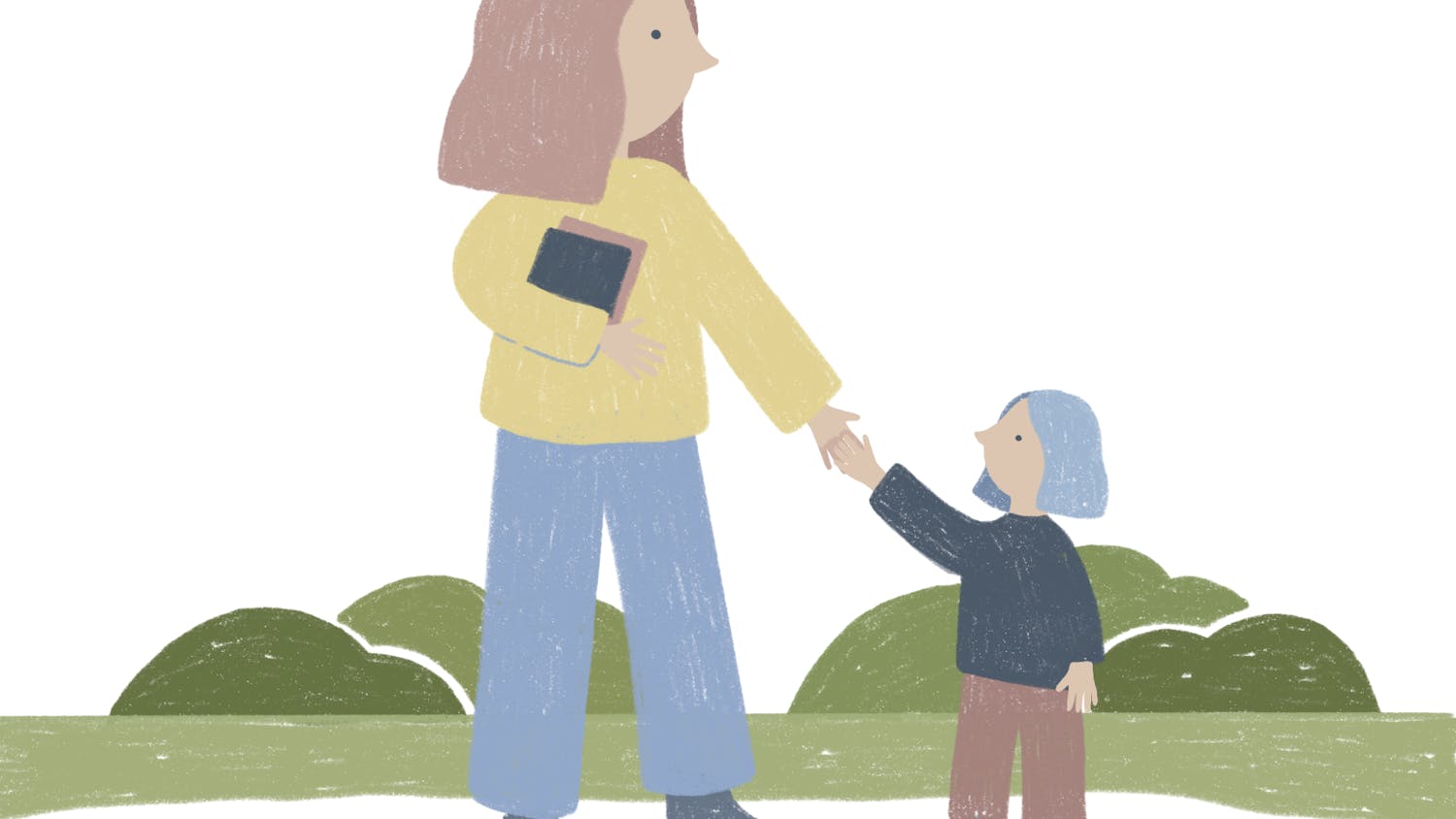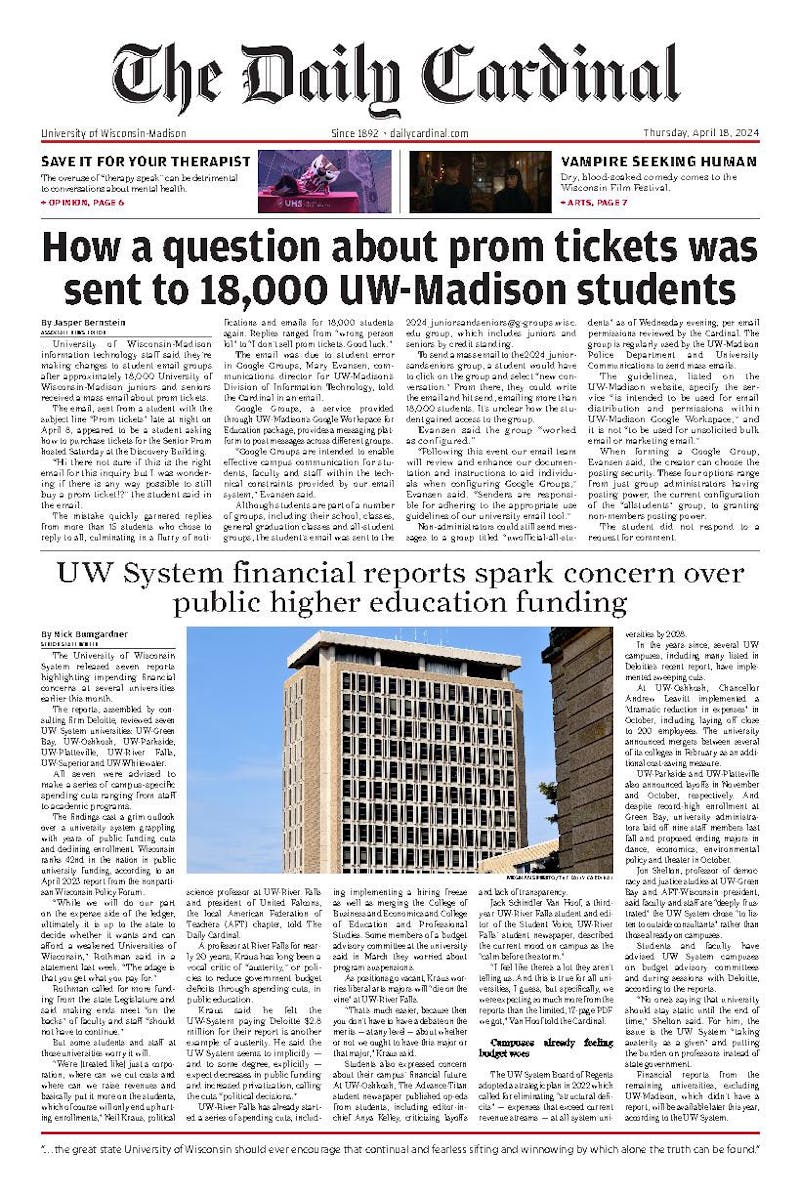Ernesto Campos is an organic farmer living in Camarones, Ecuador. There, he and his wife, Carmen, manage over 60 acres of cropland, harvesting varieties of limes, sugar cane, jackfruit, yucca, cacao, bananas and countless other sorts of tropical produce. A section of the Camarones River, run thick with algae and polluted by neighbors’ pesticide and manure runoff from nearby pastures, runs on the north side of Ernesto’s property. Ernesto gets his water daily from this source and refuses to treat it—by boiling, filtering or with iodine—before drinking it. He says that treating the water makes it “dead.” It’s drinking “living” water that has made him strong—and keeps him an able-bodied farmer at the age of 78.
I was fortunate to meet Ernesto during a study abroad trip I made to Ecuador with the Ceiba Foundation for Tropical Conservation this summer. Our group’s focus was community health, specifically water quality and disease-causing organisms, so his claims for the merits of “living” water were a shock to us—but later, as we eyedropped samples of Ernesto’s water into petri dishes, I suddenly thought: Who are we to say he’s wrong?
Traveling to different parts of the world is an experience crucial to anyone’s education—and by education, I mean less what you can boast on a resume and more a shaping of our view of the reality of the world and our part in it. Exposure to values, norms and practices that are unknown to us constructs a mirror in which we can see ourselves with an unprecedented critical view. My time in Ecuador pulled the rug from underneath my perception of the world and all its functions. Senses of “right” and “wrong” practices of living were uprooted, and arguing over them was suddenly useless.
Our group of Wisconsin college students condemned Ernesto’s choices because first, we knew how contaminated the water was—by drinking from the river, Ernesto put himself at risk for contracting countless disease-causing organisms and parasites that would knock us on our knees. Our digestive systems, catered to by American water supply and sanitation since birth, would have collapsed. But second, underneath the science, there was our fundamental assumption that what we knew was correct and what diverged from it was wrong. Drinking from the river was strange, even disgusting, and that extreme unfamiliarity closed a door of perception in all of us—of course, then, Ernesto was making a mistake. Still somehow, right in front of us, stood this wiry, vital old man who drank dirty water and managed an entire farm with his own hands and a machete.
Over the two weeks we stayed in Ecuador I saw many things that echoed Ernesto’s story in their newness to me—houses with three walls and two rooms, bright blue jugs of water open in cement school yards, donkeys befriending stray dogs, families of twelve waiting at the airport to greet a single returning aunt. In many ways I began to recognize things I took for granted, like showers, animal shelters, evening news and building codes. But much more profoundly, besides putting my privileges into perspective, I realized that there is no worldwide monarch assuring me that my way of living is right or best. This was unsettling, but incredibly important. The assumption that the norms of our life are a standard to which the rest of the world compares is dangerously ignorant—for the sakes both of others and our own character.
My study abroad experience widened my eyes to this idea and gave me a more critical perspective on my own life—for this, I feel very fortunate. Each strange thing I saw in Ecuador shocked me a little, and each one pried open a window in my mind that had previously been shut. I began to question how many bathrooms my house really needs, how I show my family I love them—comparisons between what I know and what was introduced to me there made me question my choices and actions with a more wise and candid view. What’s more important, though, is that through this, I was inspired to change them where change was needed.
UW-Madison has a wonderful study abroad program—if you can, go abroad, and if you can’t, spend the rest of your life trying to see as much of the world as you can. We learn the most when we’re able to exist, even temporarily, outside of our own familiar lives and recognize all the strangeness that surrounds us. Traveling isn’t just about Paris, for the glamour, Mexico, for the heat and Australia, for the kangaroos. We travel with the knowledge that there’s so much more to know, and with the purpose to educate both our minds and our characters—and each time we do, the world rebuilds itself in front of us.
Justine is a sophomore writer for The Daily Cardinal studying English, conservation biology and French. What have you learned from the rest of the world? Please send all feedback to opinion@dailycardinal.com.





